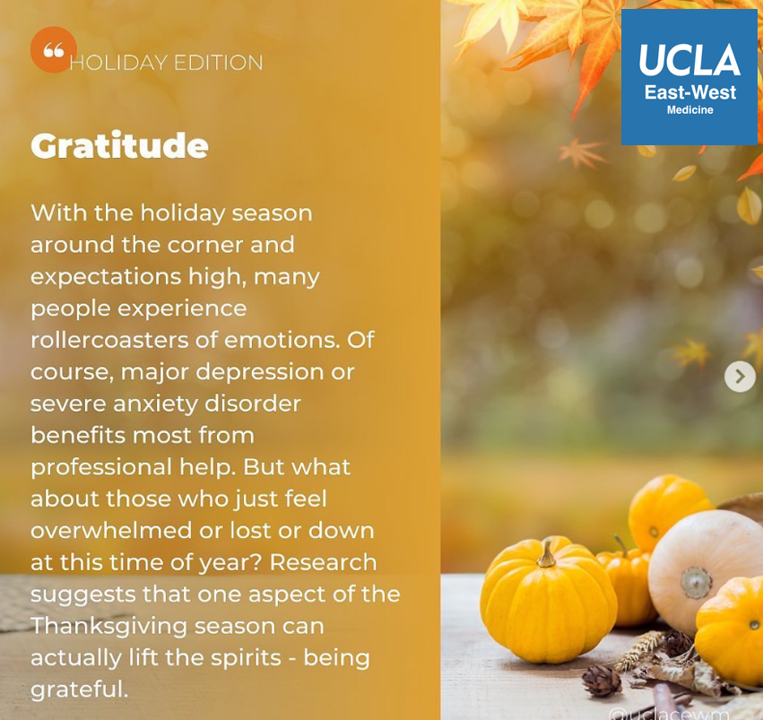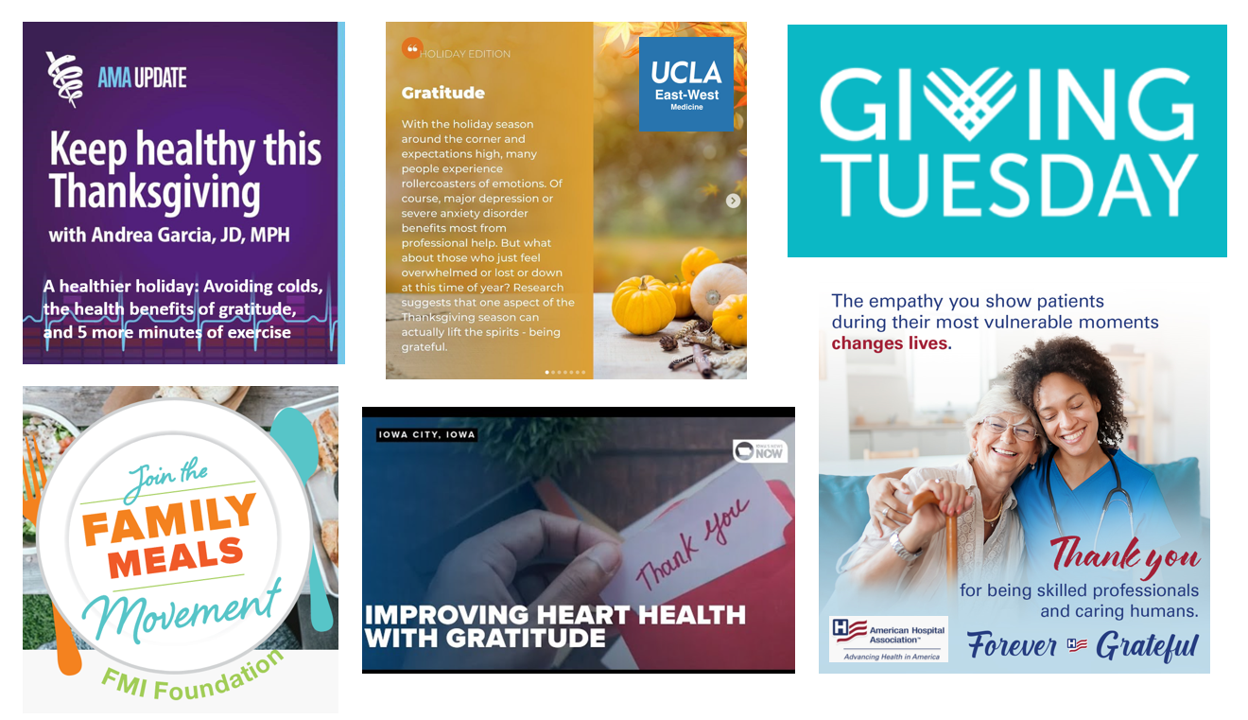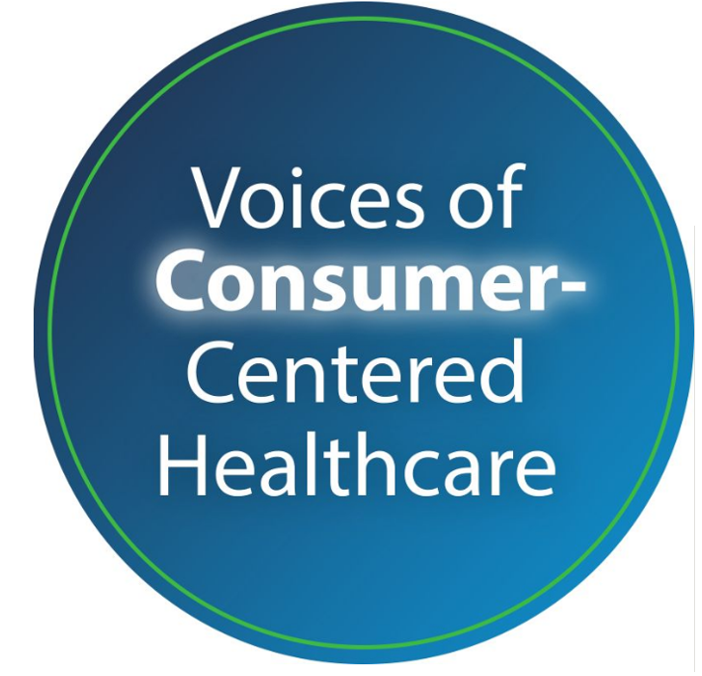In our home, we’re feeling very grateful for our healthy lives and work-flows right now, being very mindful about seeing blessings around me and within me….
So I’m sharing the love (or “scaling the love” as I recently coined at OSF’s Digital Health Symposium!) to honor American Thanksgiving 2024 here in Health Populi pointing out several sources highlighting the evidence on gratitude and health….underpinned with love, the ultimate driver of health and well-being.

Leslie Sarasin, President and CEO of FMI, the Food Industry Association, reminds us that,
“Our immigrant ancestors, the pilgrim settlers, worked hard to tame an unknown land, converting a wilderness into a cultivated land capable of producing the food necessary to sustain them. Even with the help of friendly indigenous folks, they toiled under difficult conditions. They were surrounded by hardships and challenges, and they knew the winter months that lay ahead would bring new ones. Still, within this context of challenges past and challenges future, our ancestors chose the path of gratitude. They opted to pause and lighten their hearts by offering thanks. In so doing, it changed the tenor of their challenges.
“They knew — and we can learn — that gratitude doesn’t ignore or sugarcoat our hardships but it does change the way we feel, making all of us more approachable.”

Leslie calls out December 3, 2024, Giving Tuesday, as a special opportunity to pay it forward, give to our communities, and share our resources with others — whatever form or organization you see fit.
In this case, the Giphy reminds us that we are indeed, “Better Together,” one of the Giving Tuesday social media assets I chose for this post.
The FMI Foundation supports the National Family Meals Movement, which fosters us to come together over mealtime to promote well-being over nutritious food and social health.

Dr. Harleah Buck of the University of Iowa has researched the impact of gratitude on cardiovascular and other aspects of health, including a meta-analysis of 13 studies covering about 4,000 patients. The studies together demonstrated that gratitude reduced inflammation markers linked to heart disease (e.g., C-reactive protein (CRP), interleukin-6 (IL-6), among others). These markets can hurt blood vessels, increasing risk of stroke and heart attack.

The AMA reminds us of the health benefits of gratitude this season, along with a dose of physical activity as a side dish to our bountiful (if we’re fortunate) Thanksgiving food-fests.
First, gratitude’s benefits: the AMA cites the findings in Promoting Gratitude as a Resource for Sustainable Mental Health, in which researchers published evidence for a 6-week gratitude intervention conducted among 217 Dutch adults — the intervention was described as a “self-kindness” practice which sustained mental well-being at up to 6 months of follow-up — “suggest(ing),” the researchers concluded, “that it is possible to promote an appreciative and grateful perspective on life that becomes a lasting resource for living a resilient, joyful, and meaningful life.”

UCLA cites other studies on the evidence of gratitude to benefit anxiety, depression, sleep health, heart health, and stress. In addition, UCLA features a toolkit on the practice of journaling for well-being and mindfulness, something I do daily (or near-daily) which definitely feeds my wellness and stillness.
On the exercise front, Circulation published research earlier this month encourages us to add an additional five minutes of exercise a day — which could be climbing stairs, cycling, or brisk walking which can make significant differences in our overall health.

Health Populi’s Hot Points: As we recognize and appreciate the blessings in our lives, large and small, we should also keep in mind those people who directly serve our health care — front-line workers and those who support them: our nurses, physicians, ancillary clinicians, pharmacists, therapists, and the folks who care for the places where clinical carers work such as the dietary and environmental services staff.
The AHA Forever Grateful campaign, expressing thanks to front-line care workers and those who care for health care environments. Check out the link of the Forever Grateful campaign, keeping the well-being of health care providers in mind and heart, and in action when you next come into contact with them.





 Thank you, Jared Johnson, for including me on the list of the
Thank you, Jared Johnson, for including me on the list of the  I am so grateful to Tom Lawry for asking me to pen the foreword for his book, Health Care Nation,
I am so grateful to Tom Lawry for asking me to pen the foreword for his book, Health Care Nation,  Thanks to Feedspot for naming this blog, Health Populi, as a
Thanks to Feedspot for naming this blog, Health Populi, as a